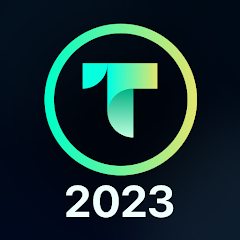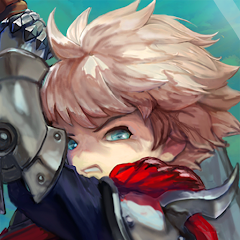Stages of Child Development
| App ID | com.ALULARESTU.stagesofchilddevelopment |
| Size | 5.1 MB |
| Version | 1.0 |
| Updated | 2020-09-04 |
| Developer | Alularestu |
Apps in the Same Category:
- Animals Sounds For Kids (Animated) 2.3.7
- Mooby 1.2.10
- Sounds for Baby Sleep Music 3.1.1022
- ELTERN online 1.2.5
- Baby Distractor: Finger Paint 3.1.2
- Child Diary 1.4.28
- How old is? 11.4.0
- 胎動〜陣痛時計 2.2
- Baby Exercises & Activities 3.0.1
- حملك يهمنا 1.0.19
Cognitive can be interpreted as the ability to understand something. Cognitive development refers to the ability a child has to understand something. One of the psychology figures who put forward a theory about the stages of cognitive development (cognitive theory) of humans is Jean Piaget. According to Piaget, children have a different way of thinking from adults. Piaget divides the stages of early childhood cognitive development into four stages.
1. Sensorimotor stage (0-24 months)
Every baby is born with innate reflexes and the urge to explore his world. Therefore, at this time, the baby’s abilities are limited to his reflexes and five senses. The various reflexes then develop into habits. At this initial stage of cognitive development, the Little can not consider the needs, desires, or interests of others, so he is considered “egocentric”.
2. Preoperational stage (2-7 years)
At this time, children can begin to receive stimulation, although it is still very limited. Even Little has entered into the social environment. The hallmark of this stage is that children begin to be able to use mental operations that are rarely and logically inadequate.
3. Concrete operational stage (7-11 years)
At this time, children are able to sort and classify certain objects and situations. The ability to remember and think logically the little one is increasing. He is able to understand the concept of cause and effect rationally and systematically so that the little one can start learning mathematics and reading. At this stage also the character “egocentric” Little disappears slowly. He is now able to see a problem or event from another person’s point of view.
4. Formal operational stage (starting at age 11)
At this time, children are able to think abstractly and master reasoning. He can draw conclusions from the available information. He can understand abstract concepts such as love and values. Little can also see the reality is not always black and white, but there is also a “gray gradation” in between. This ability is important, Mam, because it will help her get through the transition from adolescence to adulthood or the real world.




![Loro Photo Editor - AI Editor APK Download [Latest Version] 5 Loro Photo Editor - AI Editor APK Download [Latest Version] 5](https://images.apkfuel.com/2023/11/Loro-Photo-Editor.webp)


